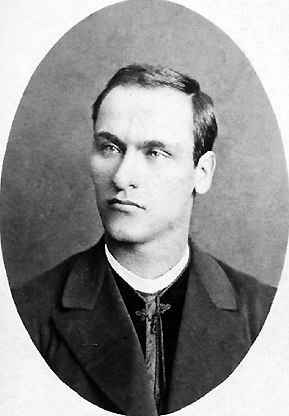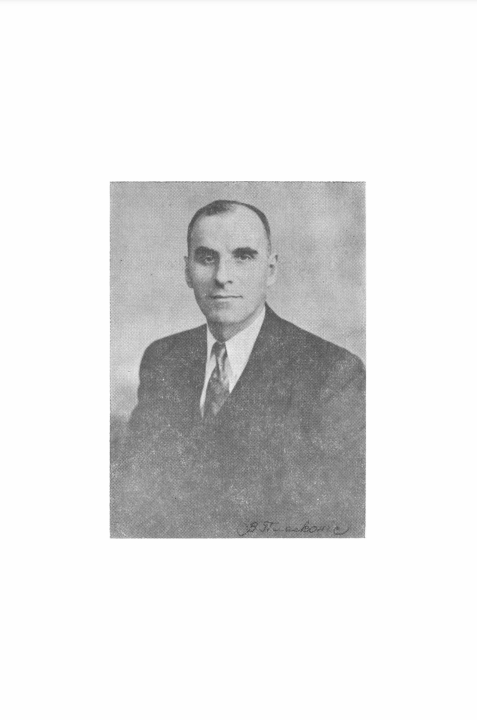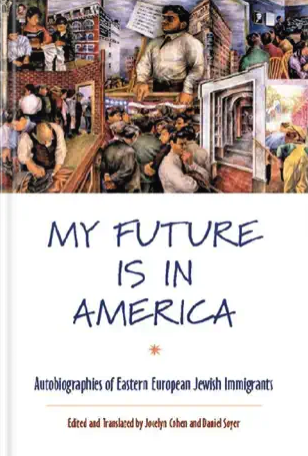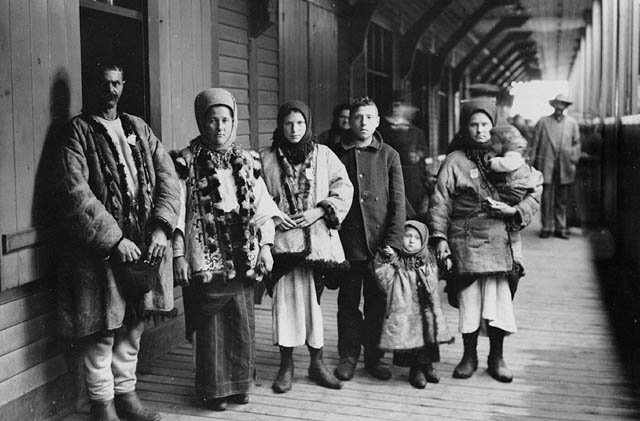My Husband is Somewhere in Canada
Since my husband went to Canada
It’s already twenty years.
Now he does not write
To me and our children.
For God’s sake, my man,
What happened to you?
Can’t you get some paper in Canada
And write me a letter?
The dollars that you have sent me
I have not wasted.
I bought with them food for the children
And I bought a piece of land.
Yes, mother has bought a lot of land
And built us a new house.
So do come home, father,
Come home, father dear.






Although the song was recorded in Canada, it shows the point of view of a woman in Europe, whose husband emigrated first, and later went missing for twenty years. However, remittances allowed his wife to improve the economic situation of the family. The song helps to discuss a few topics. First, there is the issue of family separation. The long distance aggravated the relationship and communication between spouses, or between parents and children. If the husband disappeared, it put the wife in a difficult position, because she was neither married, nor divorced, nor a widow. Also, the migration of a man changed the balance in families and important decisions about the household, such as the purchase of land or a house, could now be taken by a woman. In the song, a woman seeks approval from her husband for his ability to rationally manage the money sent.